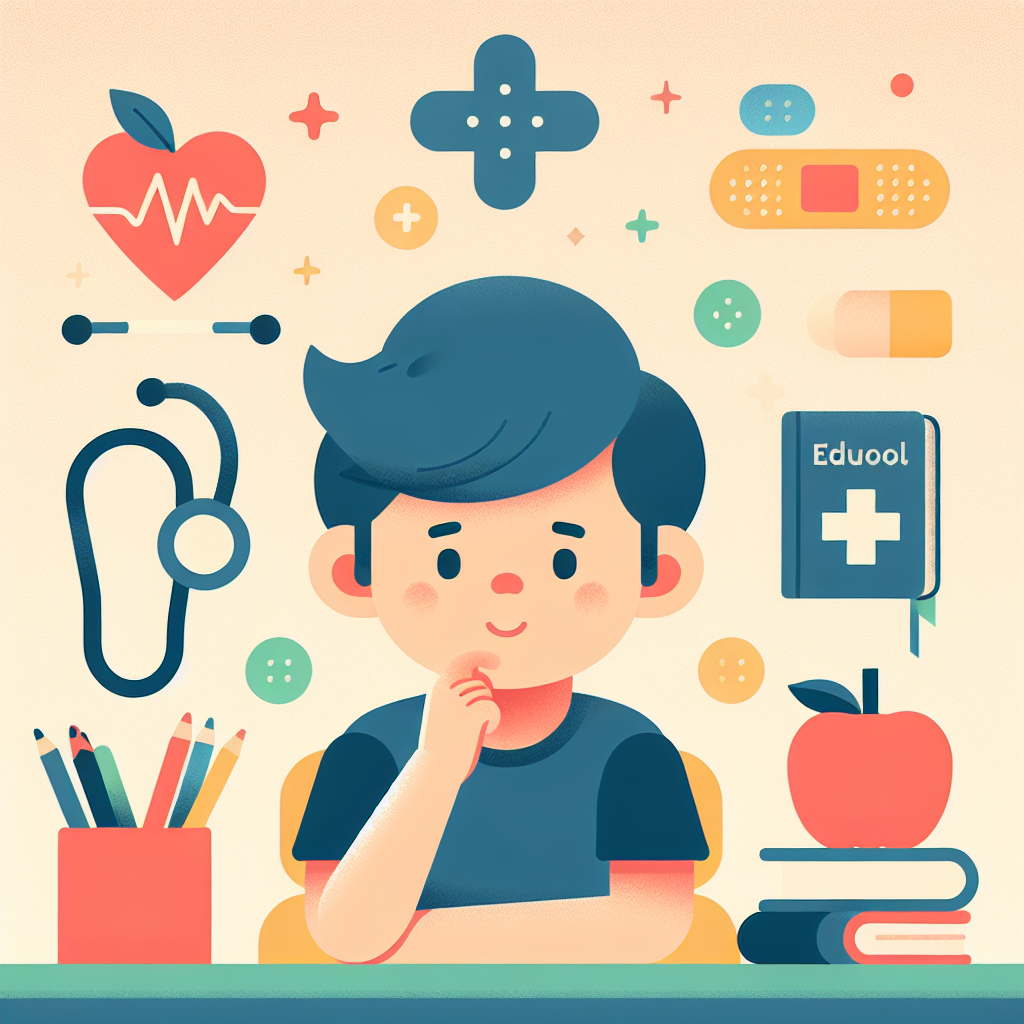
Why Young Kids with ADHD Are Getting the Wrong Treatment
The educational landscape has seen significant transformations in recent years, with a heightened focus on mental health and special needs. Among these, Attention Deficit Hyperactivity Disorder (ADHD) in young children remains a pressing issue. Recent studies indicate a worrying trend: many preschoolers with ADHD receive medication as a first-line treatment, despite clinical guidelines advocating for behavior therapy as the initial step. This article explores the current practices in the treatment of ADHD in young children, the reasons behind these choices, and the implications for child psychology and education.
The Current Treatment Paradigm
Preschoolers diagnosed with ADHD often receive medication prematurely, overshadowing behavior therapy — a more appropriate first line of action. This practice diverges from established guidelines and stems from various factors, including limited access to behavioral therapies and external pressures on healthcare providers.
Access to therapy is one of the main barriers. Many families reside in areas lacking specialized services, making medication the more accessible option. Additionally, some physicians, under pressure from parents and schools seeking quick solutions, may resort to prescribing medication despite awareness of the guidelines.
Potential Risks and Consequences
- Developmental Concerns: Early reliance on medication can lead to dependency and overshadow critical behavioral interventions that help develop coping strategies essential for long-term management.
- Medication Side Effects: Drugs prescribed for ADHD, while effective, can have side effects such as sleep disturbances and appetite suppression, impacting overall child well-being.
- Educational Impacts: Schools play a pivotal role in managing ADHD. Inadequate training and resources can lead to an over-reliance on medication, affecting how teachers interact with and support these children.
The Role of Schools and Educators
Schools are crucial in delivering support and structured environments that benefit children with ADHD. Training educators to recognize and manage ADHD symptoms can significantly enhance outcomes. Promoting individualized education plans (IEPs) and involving school psychologists in developing these programs can ensure that strategies cater to each child’s needs.
Advocacy for Behavioral Therapy
Research consistently supports behavioral therapy as an effective first-line treatment for young children with ADHD. This non-pharmaceutical approach involves parents and educators working collaboratively to implement behavior plans that teach and reinforce desirable behaviors while mitigating impulsivity and hyperactivity.
Moreover, behavioral therapy emphasizes skill development and coping strategies, supporting children in managing their symptoms better and enhancing their social interactions and academic performance.
Moving Toward Better Practices
The push for improving ADHD treatment calls for systemic changes across healthcare, educational settings, and policy frameworks:
- Increased Access to Behavioral Health Services: Expanding coverage and accessibility of behavioral therapies through healthcare reforms and insurance incentives can reduce reliance on medication.
- Educator Training and Resources: Schools need ongoing professional development to equip teachers with the skills to support students with ADHD effectively.
- Community and Policy Engagement: Encouraging community and policy-level discussions can drive awareness and push for resource allocation toward evidence-based interventions.
Conclusion
Addressing ADHD in young children demands a balanced approach prioritizing behavioral interventions. By shifting the focus from solely medication to comprehensive care that includes educational and therapeutic support, we can foster environments that nurture children’s developmental needs. The collaborative efforts of parents, educators, healthcare providers, and policymakers are essential to this endeavor, ensuring that the treatment of ADHD in children aligns with best practices and fosters healthier developmental trajectories.
For more information on ADHD treatment guidelines and educational support, visit the American Psychological Association.



